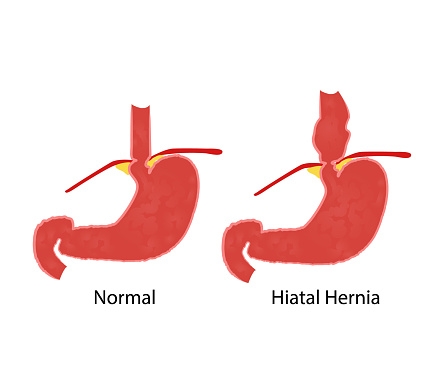Do Vitamins Help You Lose Weight?
One of the biggest reasons for the widespread obesity in the U.S. today is poor diet with high calorie intake. It’s no secret—modifying behavior to reduce the number of calories consumed is essential for weight loss. Increasing exercise to up the number of calories burned can also assist with weight loss.
While cutting out calories and exercising more are the primary ways to lose weight, there are other steps you can take to maximize your likelihood of success such as taking vitamins. Is there a correlation between vitamins and weight loss? No, not exactly. But you can take steps to fill nutritional gaps in your diet and in some cases, use certain supplements and vitamins to boost metabolism.
4 Vitamins for Weight Loss and Metabolism
Your metabolism is the process your body uses to convert calories into energy therefore it plays an important role in weight loss. The stronger your metabolism, the more calories you’ll typically burn, even when resting. However, a strong metabolism alone isn’t sufficient to reach your goal weight. It simply makes weight loss a little easier when combined with a healthy diet and plenty of physical activity.
Certain vitamins can support a healthy metabolism, including the four described here.
1. Iodine
For those with underactive thyroid issues, iodine can help with metabolism. Your thyroid gland regulates your metabolism, and it does so through thyroid hormones. Iodine is necessary to produce those hormones, so if you have a deficiency, your metabolism is likely going to be less efficient.
Most people get their iodine from iodized table salt, so odds are, you’re getting enough of it in your system already. However, if you are deficient, be careful—too much iodine can be harmful. It’s best to consult with your doctor to see how much you actually need.
2. Vitamin B1
Vitamin B1, also called thiamine, can play a small role in supporting your metabolism. B vitamins in general help with energy as well, which means a deficiency could make it harder to exercise.
A deficiency in vitamin B1 specifically can also result in a slower metabolism, so it’s important to make sure you’re getting enough. Common sources are broccoli, spinach, dairy, meat, citrus, and whole grains.
3. Iron
Iron performs various important functions in the body, including forming the proteins that carry oxygen to the muscles. High muscle mass is associated with a stronger metabolism, and iron helps to support that.
As with other vitamins, you probably don’t have an iron deficiency, and too much iron could be harmful. That said, a diet with plenty of iron—such as from meat, seafood, beans, spinach, and dried fruit, to name a few—should be sufficient in most cases.
4. Vitamin C
Finally, vitamin C may help support a healthy metabolism. Some studies associate adequate vitamin C consumption with weight loss, in one case causing the oxidation of 30% more fat than those who were deficient in it.
Vitamin C is found in citrus fruit, broccoli, Brussels sprouts, strawberries, cantaloupe, and red pepper, to name a few. It’s also easy to take as a supplement.
Do Weight Loss Supplements Work?
Some supplements are touted as effective weight loss aids but are really anything but. Some are simple, everyday vitamins. Others are more exotic.
Important Vitamins—But Not for Weight Loss
While they may be praised as ways to boost your metabolism or signal your body to burn fat, the following supplements are rarely effective at promoting weight loss.
- Vitamin D
- Calcium
- Omega-3 fatty acids
- Vitamin B12
Note that these can all support good health in other ways. There just isn’t enough data to support the claims made about losing weight.
Useless—And Sometimes Hazardous—Supplements
Other supplements are advertised specifically as weight loss pills. In the best of cases, they’re useless. At the worst, they’re dangerous. Typically, they’re not regulated by the FDA the way food and drugs are, so be careful.
Some of these supplements include:
- Green tea extract
- Green coffee extract
- Glucomannan
- Conjugated Linoleic Acid (CLA)
- Guar Gum
- Ephedra (banned by the FDA due to harmful side effects)
- Bitter orange (also potentially dangerous)
- Hoodia
- 7-Keto-DHEA
While some research shows positive results for a number of the above supplements, none of it is really sufficient to prove the claims manufacturers make about them. When in doubt, either steer clear or consult with your doctor.
Doing What It Takes to Lose Weight
There’s no magic pill or secret trick to losing weight. A healthy diet coupled with enough exercise to burn more calories than you consume are the nuts and bolts of shedding pounds. Some vitamins can help, but they will accomplish very little on their own.
For some people, even diet and exercise alone aren’t enough to reach their ideal weight. In those cases, weight loss surgery may help. If you’re struggling to lose weight, contact Dr. Malladi and her team to discuss your options.







